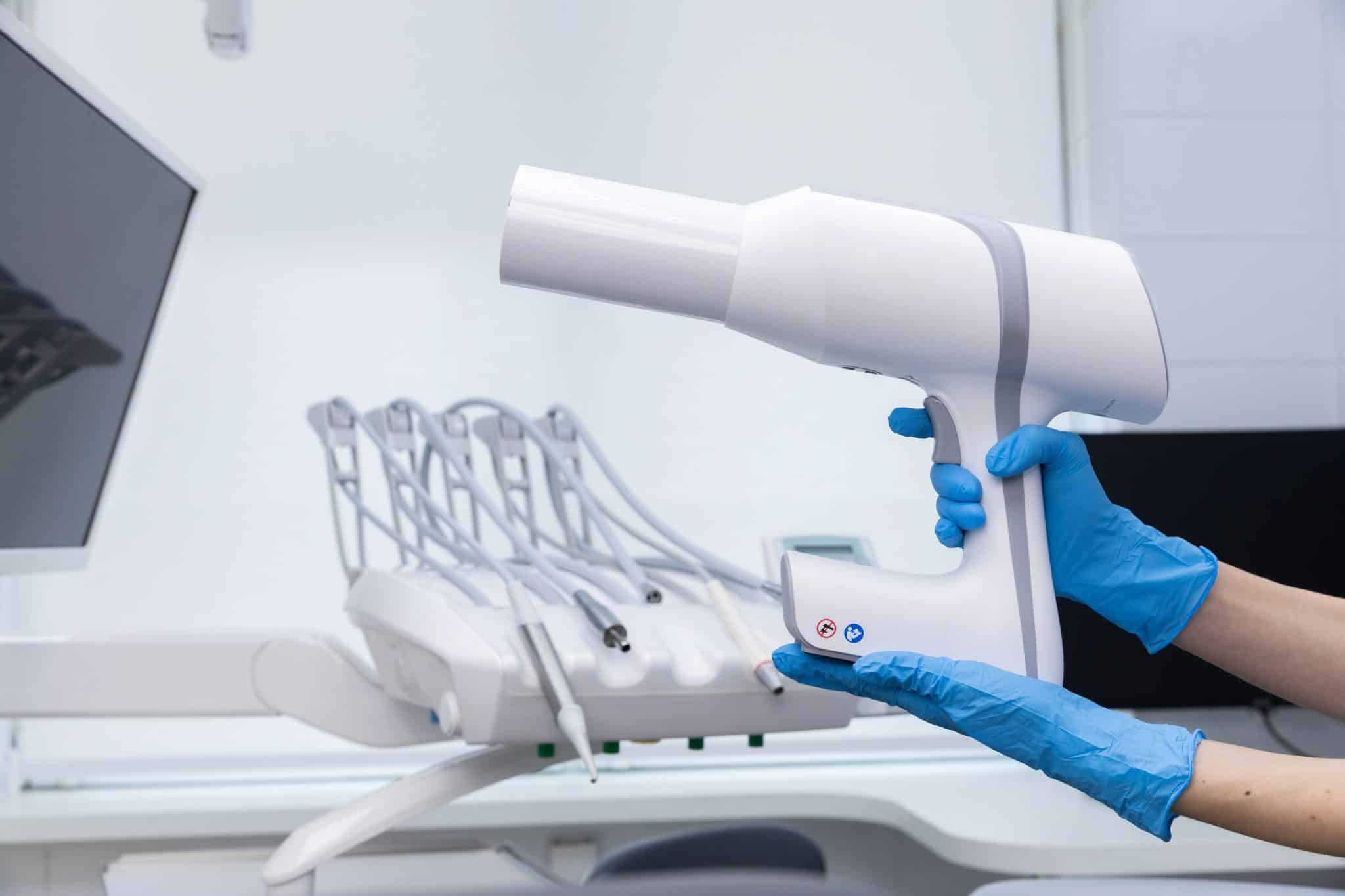Running a successful dental practice requires more than just clinical expertise; it demands strategic business planning and meticulous financial analysis. For dental practice owners, understanding the intricacies of managing a clinic’s finances is crucial for long-term sustainability and growth. In this article, we will explore the key components of effective business planning and financial analysis for dental clinics.
Table of Contents
ToggleWhy Is a Financial Analysis Important?
Many dentists feel that if they simply focus on doing what they do best – providing excellent dental care – their practice will be successful and the business side of dentistry will fall into place. However, it isn’t that simple, and the fact that most dentists have no business training means that many can be excellent dentists but run into business problems.|
One of the elements of business management that dental practice owners often overlook is financial analysis. However, a comprehensive financial analysis is crucial for the success of a dental practice business as it provides invaluable insights into the overall financial health, sustainability, and growth potential of the practice. Understanding the financial landscape lets you make informed decisions, allocate resources effectively, and ensure the long-term viability of your practice.
A thorough financial analysis is essential to help with budgeting, expense management, and pricing strategies. By examining financial statements, you can find areas to cut costs and use resources more efficiently. It also helps you manage an optimal cash flow, so there’s enough money for operations, equipment, and unexpected needs. Understanding costs and market trends helps you set competitive prices, attracting patients and ensuring long-term business sustainability and growth. It helps identify areas for improvement, assess risks, and guide decision-making for sustainable growth.
Start With a Business Plan to Work From
It’s important to review and assess your business planning state of affairs as part of your financial analysis, to make sure you have the right foundation to start from.
If you haven’t already, start by defining your clinic’s purpose and values to create a roadmap guiding decisions and actions for a successful dental practice.
Conduct a thorough market analysis of local dental demographics, competition, and patient needs, so you can strategically plan. Identify your target audience and customize services to meet specific requirements. Determine what unique offerings you can provide. A SWOT analysis can help you identify your dental practice’s strengths and weaknesses, growth opportunities, and potential threats as part of this.
For example, if you notice that few competitors offer dental implants, carve a niche for yourself. Provide end-to-end implant services under one roof. From the initial consultation and diagnostics to the surgery and post-operative care.
You can also distinguish yourself by offering more individualized patient education and care, offering more customized implant solutions or finding other ways to make your clinic stand out and gain word-of-mouth traction. Offering and advertising flexible financing options can make the difference in attracting more potential customers, too.
Armed with the knowledge from your analysis, establish clear, measurable goals, including revenue targets, and practice expansion, broken down into achievable objectives. You can then base an operational plan on this.

Dental Clinic Financial Analysis: Areas to Assess
A financial assessment of a business involves a comprehensive review of its financial health, performance, and viability. It includes analyzing income statements, balance sheets, and cash flow statements to evaluate profitability, liquidity, and solvency.
Budget
Develop and regularly review your budget, and remember that detail is critical to make it meaningful. Outline your anticipated revenue and expenses, including rent, utilities, staff salaries, and equipment maintenance. Adjust your budget as necessary to stay aligned with your vision and strategy.
Revenue Cycle Management
A good revenue cycle management system is vital for profitability. Assessing it and identifying ways to improve billing and handling insurance claims, and minimize outstanding amounts that are owed to you helps ensure your cash flow stays strong.
Key Performance Indicators (KPIs)
Identifying and monitoring KPIs that directly impact your clinic’s financial health are important to gauge your success. Making sure you are measuring the right metrics is equally important, so you are focused on activities that actually drive success. Common KPIs for dental practices include patient retention rates, average revenue per patient, and the percentage of revenue from high-margin services. Having meaningful, measurable information lets you make data-driven decisions.
Cash Flow Analysis
Maintaining a positive cash flow is essential for the financial stability of your dental practice. Regularly analyze your cash flow statement to identify any potential challenges. Implement strategies to expedite cash collections and manage payables efficiently.
Strategic Financial Planning
Leveraging the information from assessing your various financial elements help you develop a more effective strategic financial plan to reach your goals. Plans for expansion and sustainable growth of your practice, equipment upgrades, and technology investments can be data driven.
Regularly reassess and adjust your financial plan to adapt to changing market conditions.

Build a Resilient and Successful Practice That Thrives in a Competitive Market
Dental Tax takes away the stress of business planning for your dental practice, and offers proven methods to help you achieve your goals. Our experienced accountants specialize in the dental industry, offering tailored strategies to start and grow your practice. We focus on enhancing profitability, increasing production, and improving overall efficiency.
Whether you’re a new or established practice owner, our team will guide you with expertise though any stage of your business career. We work with you to create a personalized plan, aligned with your dental practice goals, emphasizing sustainable growth while maintaining profitability. Our approach involves a comprehensive financial assessment of the short and long-term risks and advantages facing your , ensuring a strategic and successful path forward.
Adam has an MBA from the Richard Ivey School of Business in London and also holds a Chartered Investment Manager designation.
- Tax Return Preparation Guide for Dental Professionals - January 19, 2026
- Financial Lessons from Successful Dental Practices - January 12, 2026
- 2026 Tax Changes Affecting Canadian Dentists - January 5, 2026




